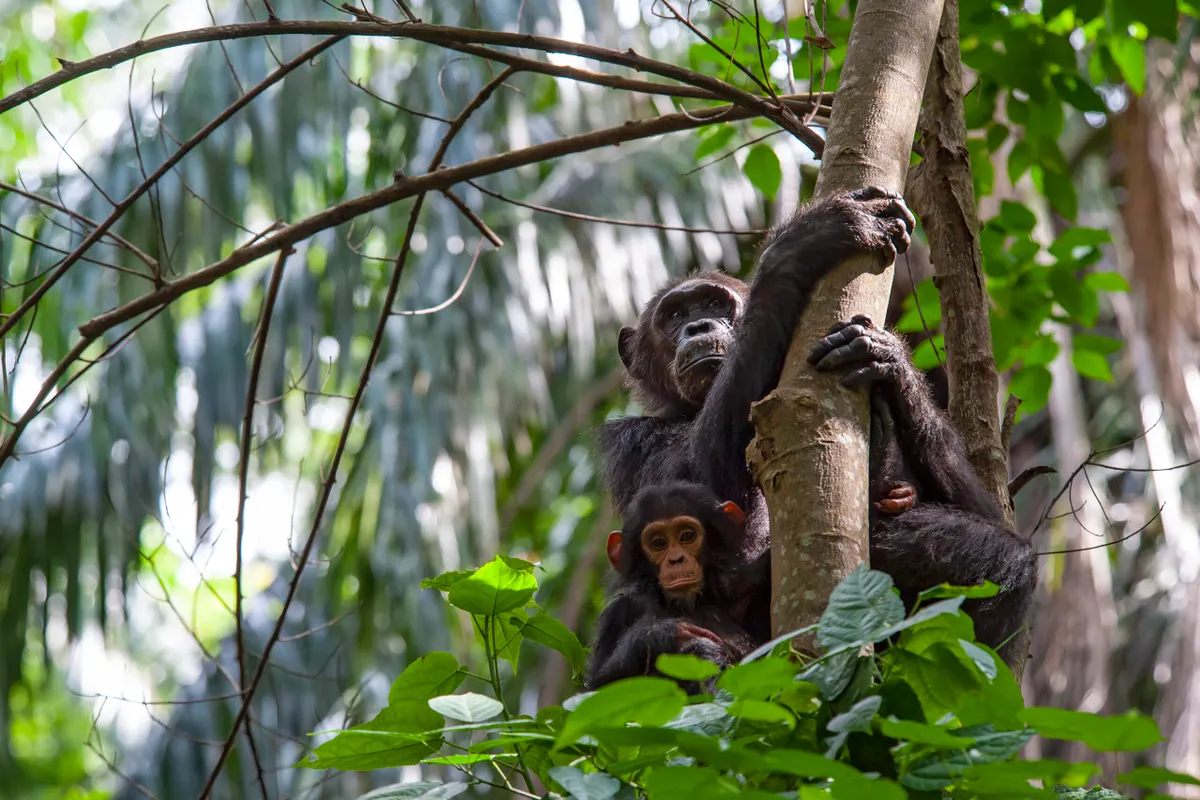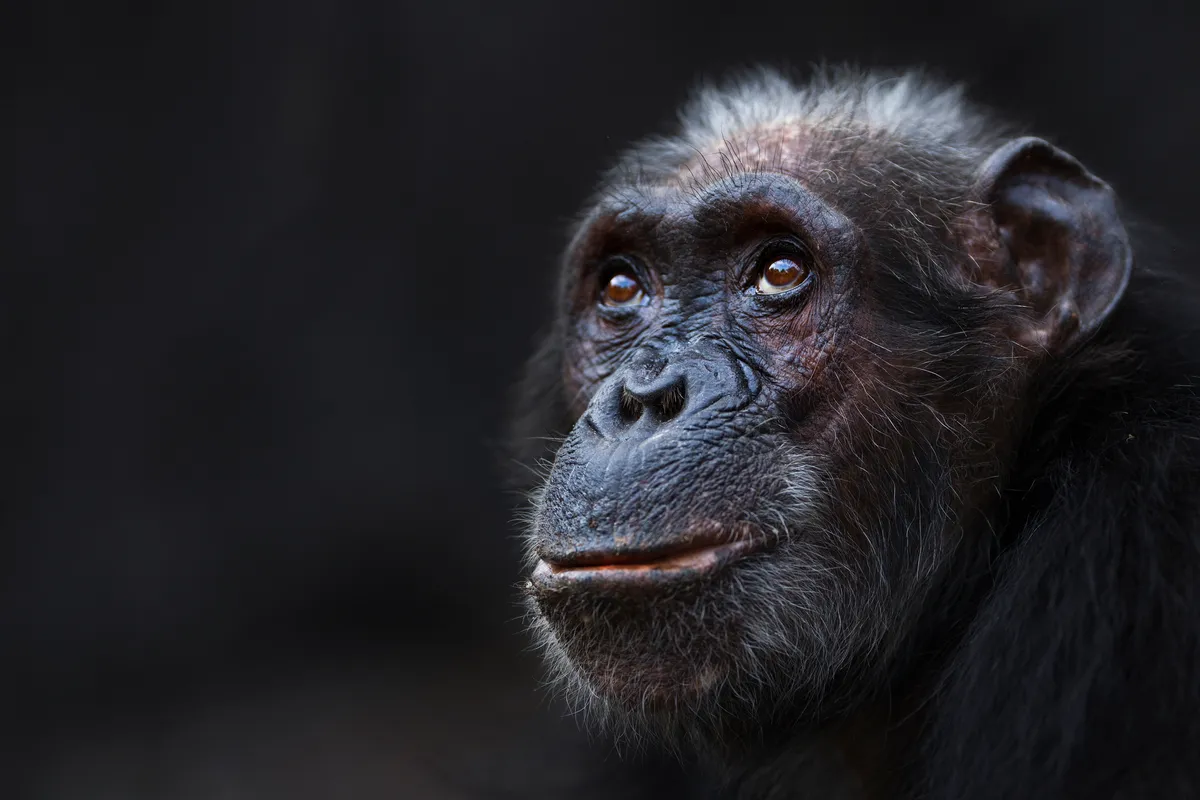New research challenges the idea that humans are the only species of primate in which females experience the menopause – a loss of ability to bear young that occurs long before the end of their natural lifespan.
Until now, menopause had only been observed in humans, orcas and four other species of toothed whale. Previous efforts have found little evidence for the phenomenon among primates. But the latest research shows that females in a chimpanzee population in Ngogo, Uganda, experience a loss of reproductive function at about the age of 50, accompanied by hormonal changes similar to those seen in menopausal women.
Published in the journal Science, the research demonstrates that chimps still have about 20 per cent of their adult lives ahead of them when menopause occurs. Among women, this figure is closer to 40 per cent.
The standard explanation for menopause is that among highly social species such as humans and orcas, an older, more experienced female can better serve her genetic interests by assisting her offspring, or grandchildren, rather than having more offspring herself.

The standard explanation for menopause is that among highly social species such as humans and orcas, an older, more experienced female can better serve her genetic interests by assisting her offspring, or grandchildren, rather than having more offspring herself. Post-menopausal orcas, for example, are crucial for teaching their descendents how best to find and catch food.
Elderly female chimps, though, seem to be far less attentive grandmothers than humans or orcas. “In chimps, we’ve got the evolution of post-reproductive lifespan but very little grandmothering behaviour,” says Kevin Langergraber of Arizona State University, one of the authors of the study. He suggests that the findings raise doubts over whether the helpful-grandmother idea even applies to humans and orcas.
“It’s obvious that human grandmothers do help their children and grandchildren,” he says. “But the question is whether those benefits are larger than they’d be if females just carried on reproducing themselves. Our paper shows that the grandmother hypothesis might not be necessary for the evolution of post-reproductive lifespans.”
In which case, what drove the evolution of chimpanzee menopause? “We don’t know,” says Langergraber. “Some research shakes things up and makes you question what you thought was the right answer.”

